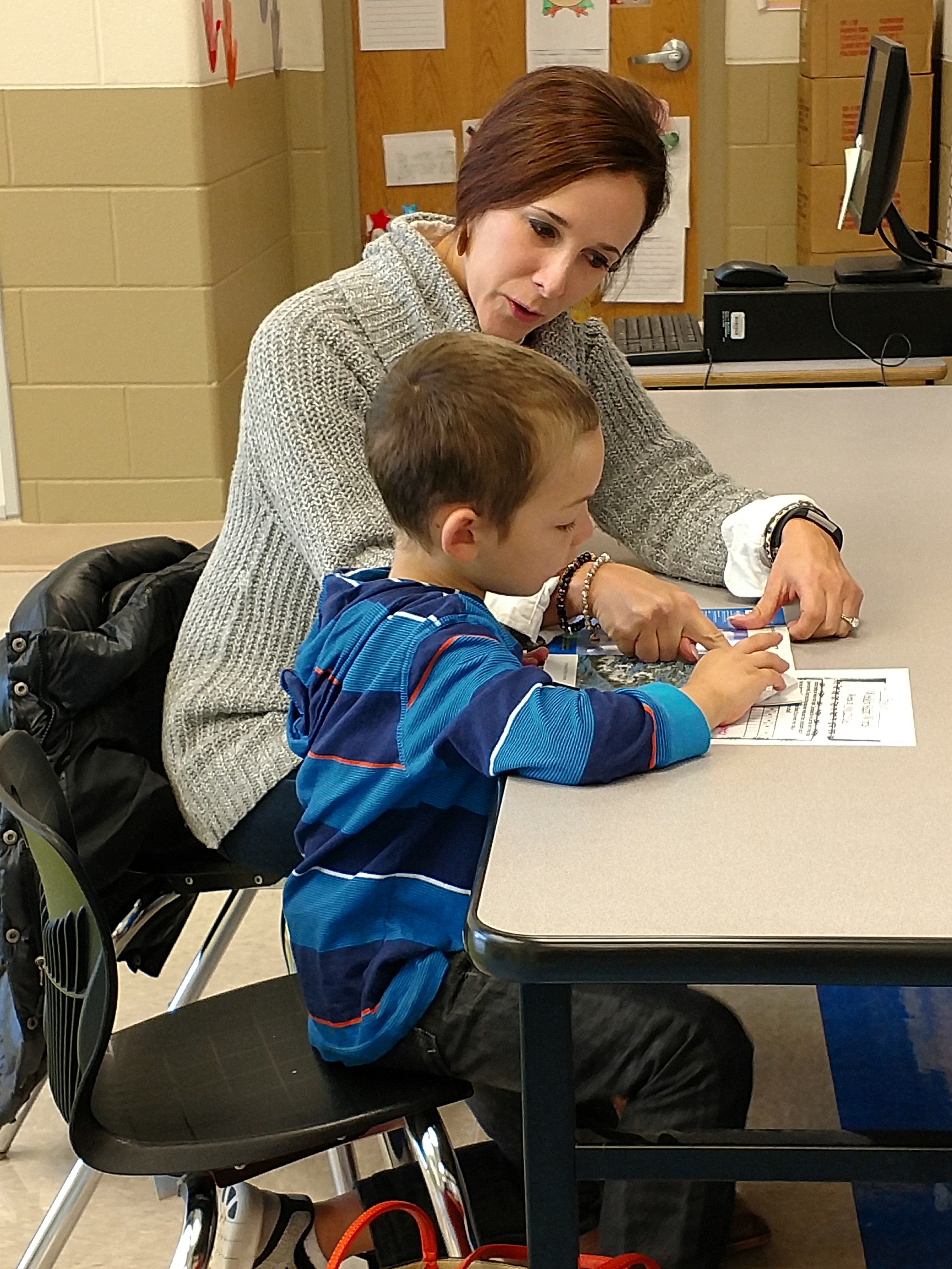
Partners in Education Connects Businesses to Schools Through Mentoring
Partners In Education (PIE) matches local businesses with schools in all kinds of creative ways. Just for example, over the past year, PIE had 120 volunteers from 22 partner businesses put in over 2600 hours tutoring and mentoring more than 1800 at-risk Kentucky students. We think that’s a beautiful way for businesses to show community spirit and a great way for kids to learn that the wider community cares about them. This enterprising program, moreover, helps bridge the education gap for children who lack many of the opportunities of their peers.
Mentoring kids and offering educational equity are values we share. For this reason, Kars4Kids gave Partners in Education a small grant. We spoke with Executive Director Gregory G. Yates to learn more about this work:
Kars4Kids: What makes businesses want to take part in your mentoring program? You’d think business owners would resist the idea, since it takes employees away from their work.
Gregory Yates: This program started in 2006, when 60 community leaders came together to address the high drop-out rate in our school system. So from inception, they have bought into the concept of helping to cultivate their future workforce.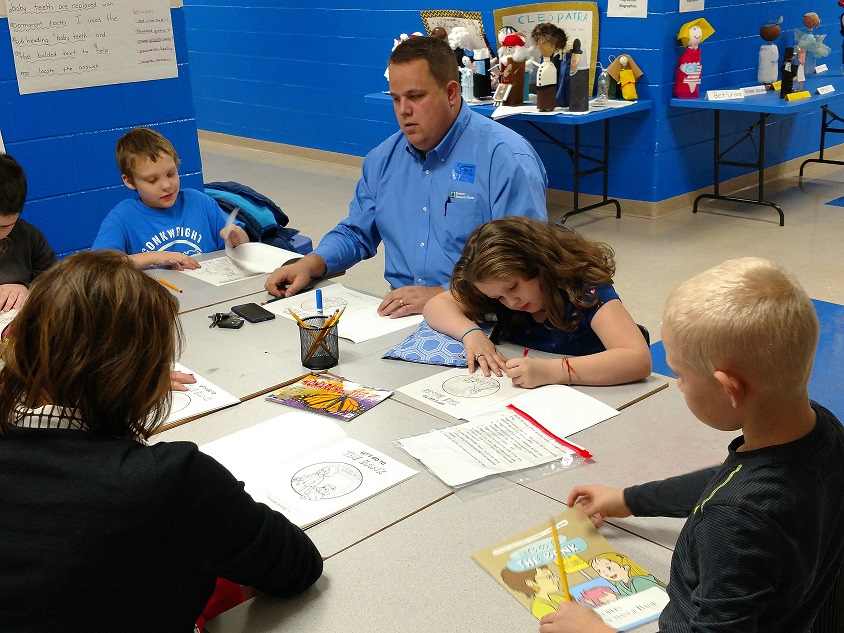
Kars4Kids: How do you match up mentors and students?
Gregory Yates: I determine what grade level the business prefers to work with, then the rest is based on a business’ location in relation to our various schools. I then link the business with the school and the school Family Resource Coordinator works with the teachers to pair them with students based on needs the teachers have identified.
Kars4Kids: Tell us about your Bringing Up Grades program. Why is this offered specifically to third graders?
Gregory Yates: Bringing Up Grades (BUG) is a Kiwanis International program. In 2013, my predecessor was a member of the Winchester Kiwanis Club and they agreed to start this program. I am now a member of the same Kiwanis Club and they support the program purchasing all of the awards and they also provide an ice cream party at the end of the school year. We provide administrative support to include coordination of student names and presentation dates etc.
Third grade is the first year a student receives a letter grade in the different subjects. So at the 1st semester mid-term, the teachers use those grades to establish a baseline. Then at the end of the semester, we give the students awards for raising a letter grade in any subject as well as for Reading. We also recognize the straight-A students who help their peers with a Super BUG award.
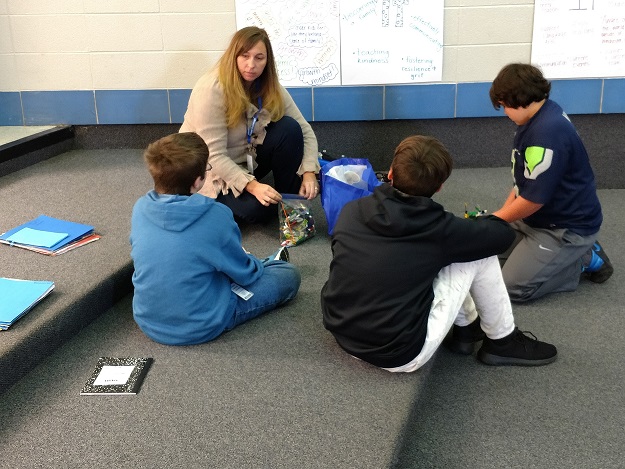
Kars4Kids: Can you give us an overview of your Experts in Education program?
Gregory Yates: About 3 years ago an elementary teacher spoke to our board about how they would like to have adults come and speak to students about either their profession or a hobby they are passionate about. So we put together a list of 25-30 professionals from our community; ranging from dentist, lawyer, pediatrician, police detective, pastor, etc. We give this list to the schools and then if a teacher wants someone to speak to their class, we coordinate. For example, an 8th grade science teacher had a police detective talk about how they process a crime scene and how it relates to science.
Kars4Kids: The partnership you’ve formed between a local high school, the Area Technology Center (ATC) and Leggett & Platt sounds amazing. Tell us about that partnership and how students can qualify for participation.
Gregory Yates: 3 years ago, the ATC principal was passionate about finding local industry to provide Coop opportunities. I approached Leggett and Platt and they liked the idea. The first year, 5 students worked, the second year, there were 11 and this year I think we are back to 4. There are a couple of graduates from last year that remained employed and are moving up the pay scale. L&P makes the prospective students write a resume, interview and go through the same training an adult would perform. They even give the parents a plant tour and show them what their child will be doing before starting.
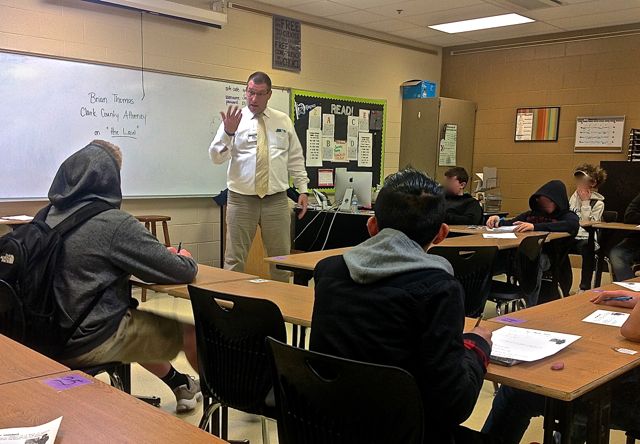
Kars4Kids: What is the Bucks for Books program?
Gregory Yates: We received a United Way grant which allows us to provide money to the 4 elementary and Baker Intermediate (5-6) schools. The FRCs identify students who can’t afford to purchase a book during the spring book fair. They give the student a voucher which allows them to get a book. Those books are paid for using the funds we provided. Last year 365 students received a book as a result of this grant.
Kars4Kids: Tell us about your Girls Empowering Employment Opportunities program. Why is this program needed?
Gregory Yates: This was an idea created by our partner Amazon Customer Service. There is a group of 4-5 ladies who specifically wanted to work with young ladies and talk about career aspirations. They meet twice a month and after determining what the students think they want to do for a career, the Amazon mentors research that career field and bring back information at the next session to discuss. These students are in the 5-6 grade.
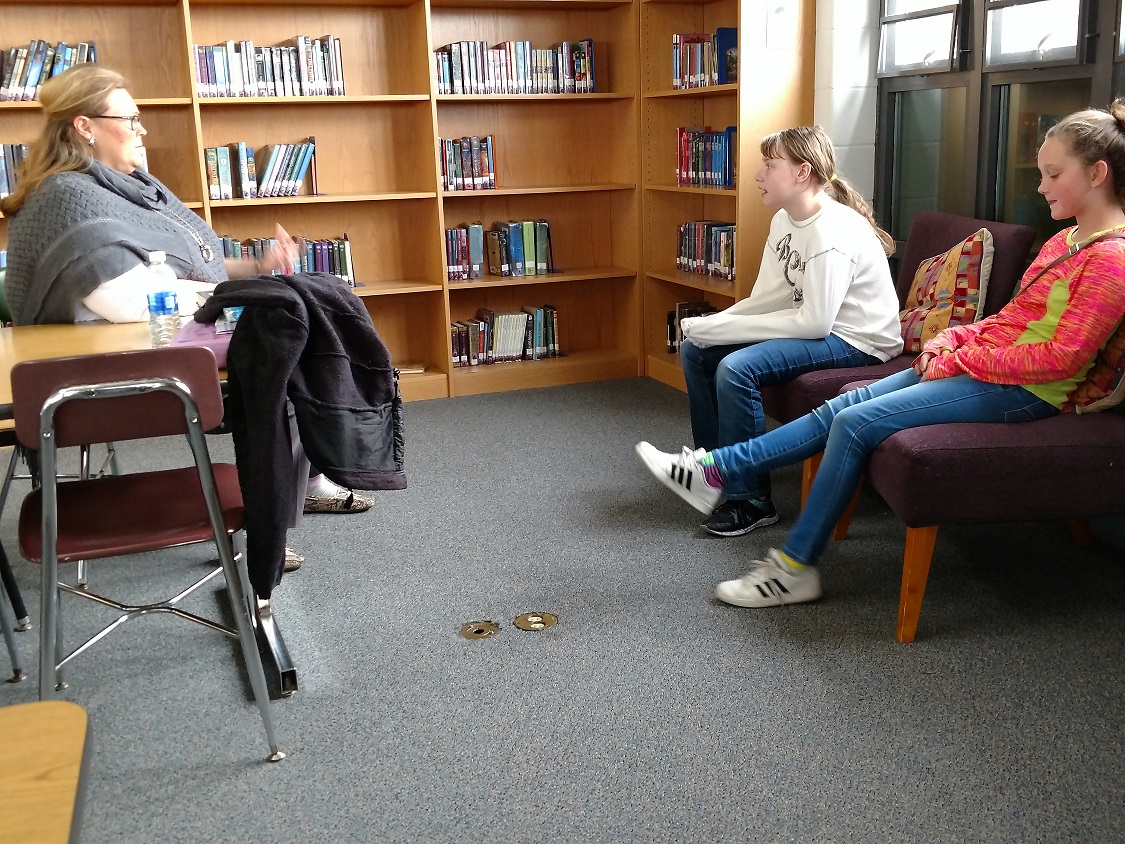
Kars4Kids: Tell us about the Be A Man program. What are the ages of the youth participants in this program?
Gregory Yates: We know that many of our students come from homes where there isn’t a father figure. So this is why we developed BAM. We have 2 different BAM groups. The first group meets with preschool kids. The first week of each month, I have 5 different men who participate. A different man comes each day and reads to 3-4 small groups of boys. So in one week, those 5 men will read to approximately 125 different boys. We sold this program to men in our community asking them to give up 1 hour/month versus our normal volunteers who give up 1 hour/week.
The other BAM is at our Baker Intermediate School (5-6 grades). Every Tuesday, there are about 25 boys who stay after school for 1 hour for BAM. Each week I have 5 different men meet with them. The first 5-10 minutes, the men share something with the boys. It has ranged from a digital camera to golf clubs to a tractor. Then the men read to the boys (or they take turns reading). This is done in groups of 4-6 students. The last 10-15 minutes, the school PE teacher has them play some games to burn off some steam.
With both of these programs, we received a grant from a local agency and we plan to purchase some books to give to all the students who participated at both schools.
Kars4Kids: Can you tell us a bit about the student population you serve? Why do the schools in your community need an organization like Parents in Education to supplement the educational experience?
Gregory Yates: In 2006 our school system dropout rate was 8% and now it is less than 1%. 49% of our students from grades K-8 live in a home with someone other than their parent. So in many instances, the mentor is the only person outside of school employees who ask the student on a regular basis how school is going.
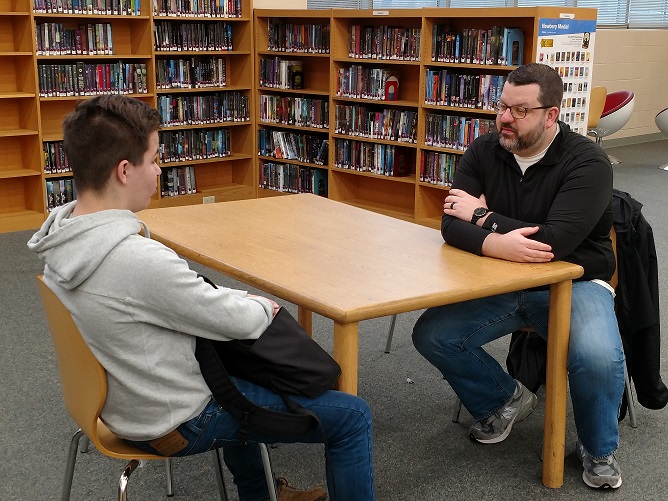
Kars4Kids: What’s next for Partners in Education?
Gregory Yates: We will continue on our growth path. Two years ago, we ended the school year with 59 volunteers. Last May we ended with 119 volunteers and we currently have 175. We continually pursue different revenue streams. With increased funding, we could allow our Development Coordinator to increase her weekly hours thus allowing her to get more involved in the daily functions of the program.
I would like to expand the BAM program into the 4 elementary schools, but this will take finding approximately 100 more men to volunteer, which will be no small task. We need to fine tune the Experts for Education program in order to get more teachers to take advantage of this concept.
We would like to expand the Coop program to other area industries, where possible.